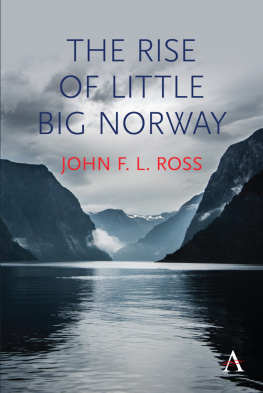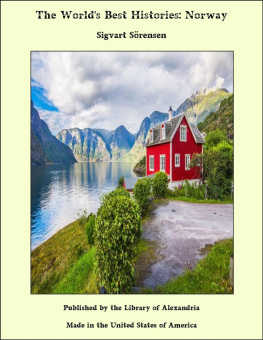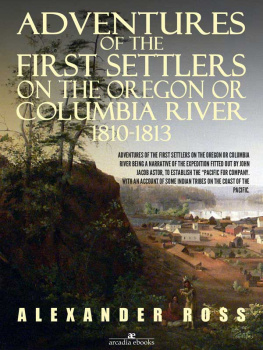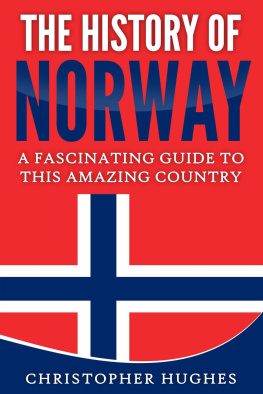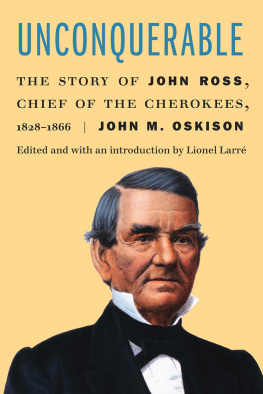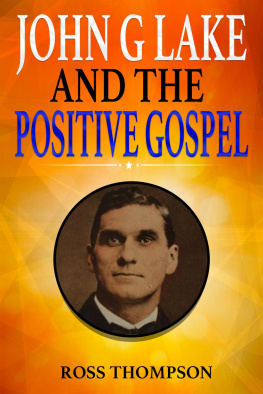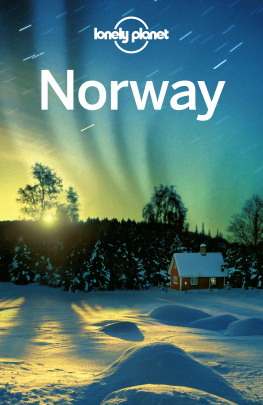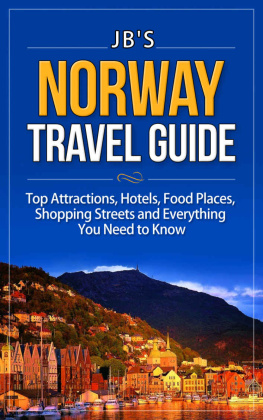Anthem Press
An imprint of Wimbledon Publishing Company
www.anthempress.com
This edition first published in UK and USA 2020
by ANTHEM PRESS
7576 Blackfriars Road, London SE1 8HA, UK
or PO Box 9779, London SW19 7ZG, UK
and
244 Madison Ave #116, New York, NY 10016, USA
Copyright John F. L. Ross 2020
The author asserts the moral right to be identified as the author of this work.
Support for this project was provided by Det Faglitterre Fond and Fritt Ord.
All rights reserved. Without limiting the rights under copyright reserved above, no part of this publication may be reproduced, stored or introduced into a retrieval system, or transmitted, in any form or by any means (electronic, mechanical, photocopying, recording or otherwise), without the prior written permission of both the copyright owner and the above publisher of this book.
British Library Cataloguing-in-Publication Data
A catalogue record for this book is available from the British Library.
ISBN-13: 978-1-78527-193-9 (Pbk)
ISBN-10: 1-78527-193-8 (Pbk)
This title is also available as an e-book.
This is a broadly conceived work of exploration, which springs from two basic aims. One is to examine Norways national development via some less familiar angles; the other is to elaborate on the unorthodox characteristics of a country celebrated for its simple virtues yet marked by relentless complexity. At its heart lies the interplay of geography and historythe basic grid of time and space as Norman Davies astutely frames it in his prodigious history of Europeapplied to one, quite special national context and in terms that might engage nonspecialist readers with an interest in the north.
In keeping with this spirit of duality, the exploratory theme is pursued by two different but, I hope, complementary means.
The first involves a searcha long-running, open-ended and at times quite personal oneto find Norway: to unlock its mysteries, locate its cultural heart, grasp its world role and intuit its distinctiveness especially, but not only, as regards its Nordic neighbors. These linked essays are suggestive sallies in this direction. As such, they might lend perspective to ongoing debates, especially over a post-oil future that carries such immense consequences for the world and for Norway.
Im setting out, secondly, to probe aspects of Norwegian life that highlight an insistent national motif, namely the search. Norway has always struck me as a society relentlessly but purposefully on the go, and data from a recent survey have indeed confirmed Norwegians as the most mobile people on the planet in terms of working life. Norway has been, and still is, a conveyor belt of inquisitive globe-trotters with a deep capacity for surprise and a surprising capacity for going deep. While many societies are mobile, few are so thoroughly characterized by mobility. This to me is intriguing. Perhaps rashly, I take it as a symptom of deeper processes. For there is something truly striking about a country that is so organized, so successful and so ancient, yet so evidently and earnestly seeking its rightful place in the world.
As a non-Norwegian writing (in English) about Norway, I enjoy a certain freedom of expression that might elude a native. But liberty isnt license, and it is balanced by the caution required of anyone treading on sensitive ground. Fairly or not, outsider observations can easily get taken as a sort of litmus test of approval. Even the most cursory effort to convey a culture, especially one as intricate as Norways, requires tiptoeing, not trampling, through the fields of clich that sprout from the national soil. Norways copious harvest ranges from knitted sweaters and sod-roofed mountain huts to blocks of brown cheese that, lo and behold, isnt cheese at all.
Such icons of old-timey innocence have held their ground through a commodity boom that transformed a congenitally hard-luck country into a preternaturally blessed lykkeland (land of happiness) within the space of a generation. Their tenacity speaks volumes about Norwegian continuity in the face of change. It also reveals a native talent for meshing opposites: complication and simplicity, speed and due deliberation, risk-assumption and risk-aversion, softness and steel. This flair for symbiosis, pulled off with the casual aplomb of conjurers in a circus act, is far easier to admire than to explain.
Arguably understudied as a subject, Norway has been inarguably underestimated as a country. It rarely draws attention to itself, unlike its neighbors Sweden, renowned purveyor of the just society; Denmark, the dominant market force in hygge (cozy living); and Finland, innovators in mobile telephony, educational reform and untranslatably dry humor. Oddly for such a forthright, open society, there is a puzzling ambiguity surrounding Norway. Having long eschewed a self-conscious world role, it has almost self-consciously eschewed such a role. No wonder it gets misconstrued or mistaken for its neighbors by otherwise intelligent people. Norway stands out for not standing out, and its people seem remarkably unfazed by the fact.
That alone is quite the feat for a country which, in 2017, achieved two notable milestones in quick succession. Norway was tipped by the Sustainable Development Solutions Network as the worlds happiest country in a study more serious than it sounds (it measures social capital, not laughter). Around that time Norways sovereign oil fundalready the worlds biggestsurpassed the incomprehensible figure of a trillion (US) dollars. True to form, Norwegians reacted to the news with insouciant shrugs and cryptic smiles. Then they headed out to ski.
The seeming interpretation of this extraordinary double actthat money really buys happiness, as if verifying the hoariest of clichsbarely scratches the Norwegian surface. Its most basic national features, from the language and history to the lay of its land, defy every notion of straightforward. It brings to mind the famous knot of ancient Gordium, which stumped visitors until Alexander the Great came along, unsheathed his sword and chopped it into two.
Norway is a Gordian knot of our time, a tenacious holdout to facile explanation. The paucity of outside writings on Norway, and the poverty marking some that do appear, amply attest to this characteristic. Careful disentangling is in order. Fools errand it may beand Norwegians dont impress easily or suffer fools gladlyIm seeking to explain how a country so physically scattered and historically truncated that it shouldnt even be, has corralled its tinkering, inquiring and exploring impulses into the unprecedented twenty-first century national project that a half-comprehending world is only now waking up to in its midst.
Its not surprising that Norway, with fewer than six million mostly well-mannered people, flies below the radar in a world of galloping globalization and tribalized braggadocio. Yet Norways catalog of accomplishment, and its burgeoning influence, can no longer be casually dismissed. Its oil savings, bound up in a pension fund, control upward of 1.5 percent of the worlds financial markets. That fund, meaning Norways people, has a guiding hand in the world economy and a direct stake in our future.
Norway has arrived as a world player, slipping in through the side door; just as typically, it has surpassed itself by summiting. It impels a fresh look at


